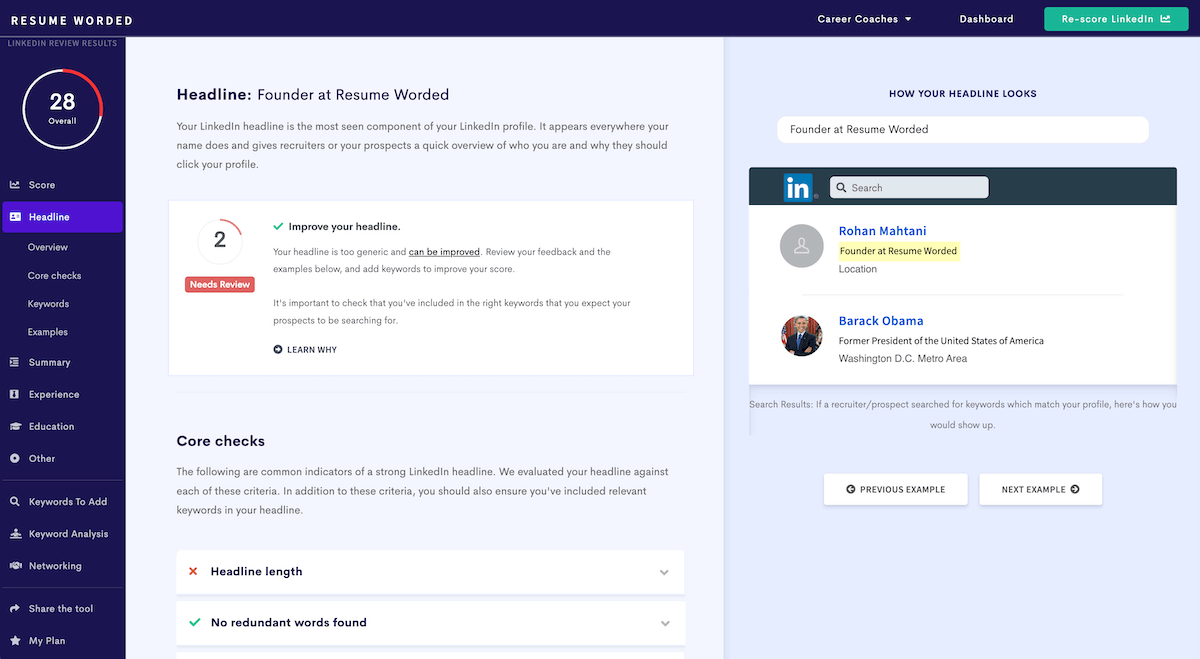You know what job you want. You have your resume ready to go and your interview talking points prepped (and if your resume is not in shape yet, upload it here for feedback). Now you just need to wait for the job to be advertised. Right?
Not necessarily. If there’s a position — or a company — you’re particularly interested in, you don’t need to keep refreshing the job search page until the right opening appears. Most experts agree that at least 70% of available jobs are never advertised, which means that if you aren’t being proactive, you’re potentially missing out on your dream job without even knowing it.
The solution? Send an inquiry letter!
What is an inquiry letter?
An inquiry letter is an email you can send asking about job openings. You can send an inquiry letter to any of your contacts — this could include a friend or acquaintance, an ex-colleague, or even a recruiter or hiring manager you’ve located on LinkedIn. An inquiry letter is essentially a sales pitch, except the product you’re trying to sell is yourself.
What to include in your inquiry letter
Like any other emails you’re sending as part of your job search, an inquiry letter should be short and to the point. This is especially important if you’re sending a cold email to someone you don’t know personally — you’re asking them for a favor, so try not to take up too much of their time. Keep it professional (which doesn’t mean robotic — you want to be friendly and show some genuine interest, too).
Your inquiry letter should:
- Talk a bit about your background — who you are and why they should want to hire you.
- Specify why you’re interested in that particular company or position.
- Be tailored and thoughtful. (In other words, do your research!)
- Include your resume and a link to your LinkedIn profile.






